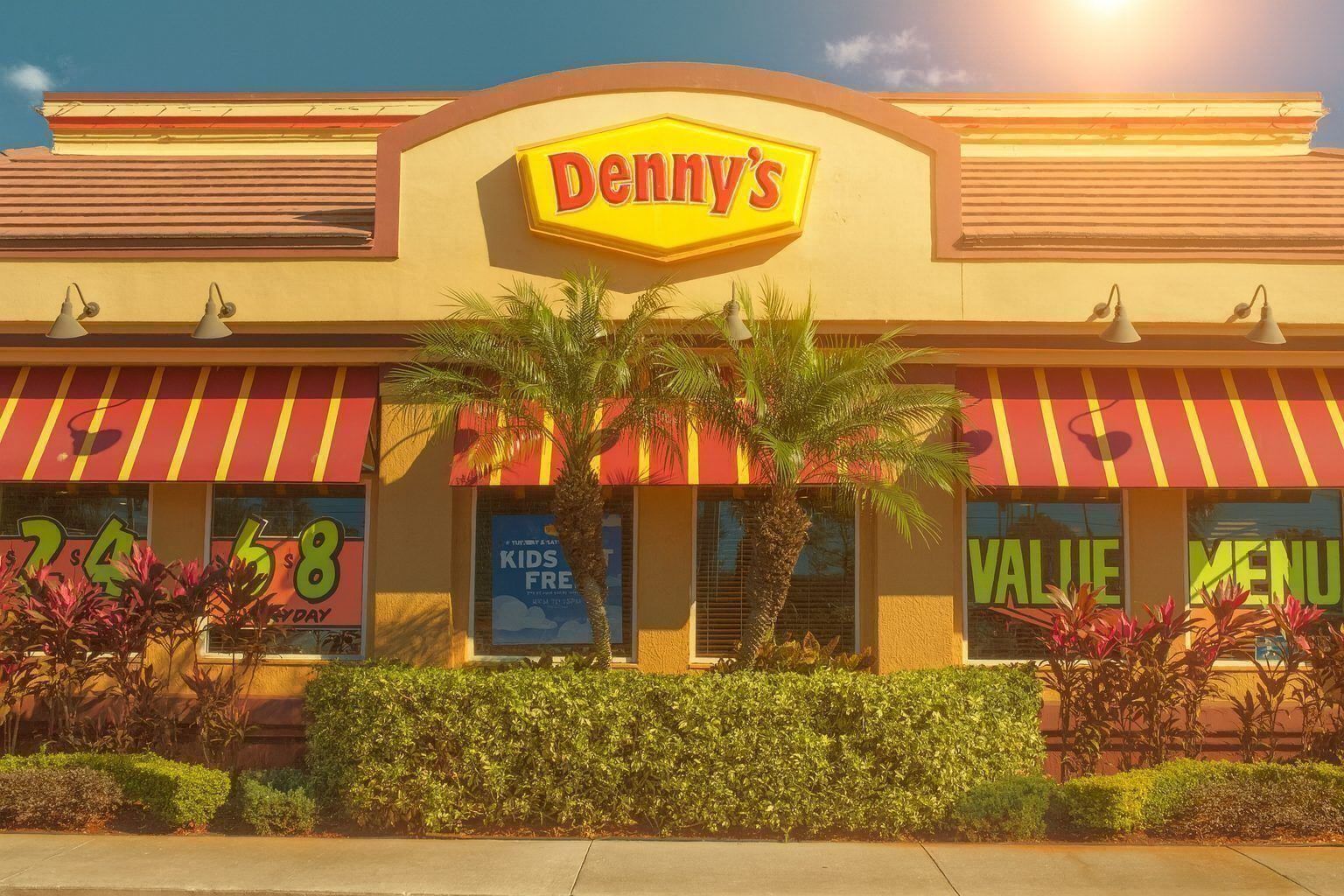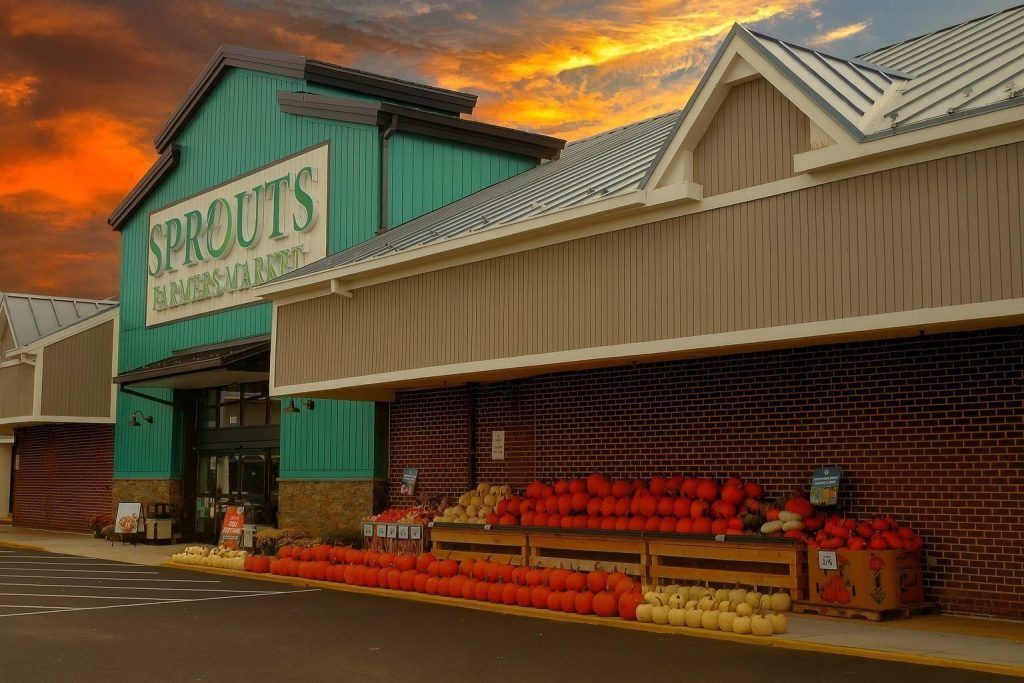Two North American Denny’s closures in Santa Rosa, California and Barrie, Ontario are the latest signs of a historic shake‑up for the 24/7 diner chain as it heads into a $620 million take‑private deal and a year of accelerated restaurant shutdowns.
Key points
- Denny’s has closed its Coddingtown Mall restaurant in Santa Rosa, leaving just one location remaining in the city and fewer late‑night options in Sonoma County. 1
- Denny’s Canada has formally confirmed the long‑term closure of its Barrie, Ontario restaurant after failing to resolve issues between the franchisee and landlord. 2
- These shutdowns come as Denny’s executes a multi‑year plan to close roughly 150 underperforming locations across 2024–2025. 3
- Earlier this month, Denny’s agreed to be taken private in a $620 million deal led by TriArtisan Capital Advisors, Treville Capital and Yadav Enterprises, paying shareholders $6.25 per share. 4
- The chain, which still operates more than 1,500 restaurants worldwide, is betting on menu simplification, digital orders and its Keke’s Breakfast Café brand to rebuild growth under new ownership. 5
Santa Rosa loses its Coddingtown Mall Denny’s
On November 27, 2025, locals in Santa Rosa woke up to find the familiar Denny’s at Coddingtown Mall on West Steele Lane permanently closed. Signs on the doors direct customers to another Denny’s on Baker Avenue, now the only remaining unit in the city. Nearby Petaluma’s Denny’s on Petaluma Boulevard continues to operate, as do locations in Vallejo, Fairfield and Cordelia. 1
The closure follows months of speculation in the North Bay after Denny’s said it expected to shutter 70 to 90 restaurants in 2025 as part of a broader plan to eliminate about 150 of its lowest‑performing locations across 2024 and 2025. Earlier coverage by The Press Democrat noted those cuts were coming but did not name which Santa Rosa sites might be affected; now the Coddingtown Mall unit has become one of the first public casualties in the region. 6
Local reporting and follow‑up coverage describe the Santa Rosa closure as part of a nationwide “portfolio clean‑up” in advance of new ownership, not an isolated real‑estate dispute. For diners, the most immediate impact is practical: fewer 24‑hour or late‑night breakfast options in a corridor that has long relied on Denny’s for shift workers, students and travelers pulling off Highway 101. 1
Denny’s Canada confirms long‑term closure of Barrie, Ontario restaurant
North of the border, Denny’s Canada has “sadly” confirmed that its Barrie, Ontario restaurant—at 400 Bayfield Street—will remain closed for the long term. In a November 26, 2025 news release, the company said it had worked behind the scenes since October to resolve issues with the local franchisee and landlord but was unable to reach a deal that would allow the restaurant to reopen. 2
Bobby Naicker, Director of Franchise Development for Denny’s Canada, thanked Barrie team members and guests for their support over the past two years, calling the restaurant “a place to connect over great quality food in a comfortable, welcoming atmosphere.” The company stressed that it still sees “increasing potential” in Ontario’s East Coast‑oriented trade areas and hopes to serve Barrie again in future, even as the current site remains closed. 2
Guests in the region are being steered to other Denny’s Canada restaurants in nearby cities such as Toronto, Mississauga and Vaughan. The official Denny’s site has already been updated to mark the Barrie restaurant as “permanently closed.” 7
With closures in both Santa Rosa and Barrie now on the books, Denny’s is clearly using 2025’s final weeks to accelerate the pruning of underperforming stores on both sides of the border.
A wider closure wave: 150 restaurants targeted by end of 2025
This week’s news doesn’t come out of nowhere. Denny’s has been warning investors and communities about substantial closures for over a year.
In February 2025, executives told analysts the company expected to close between 70 and 90 U.S. restaurants during the year, on top of 88 locations already shuttered the prior year. That guidance formed part of a broader plan, first outlined in late 2024, to close around 150 of its lowest‑performing restaurants between 2024 and the end of fiscal 2025. 3
Coverage today from financial outlets and local media ties the Santa Rosa and Barrie closures directly to that strategy, with Stocktwits noting that stores in California and Ontario are among those being removed as Denny’s leans into its “underperformer” clean‑up. 8
A fresh piece published on November 27 by Mebane Enterprise pulls together multiple filings and news reports to highlight:
- A plan to close approximately 150 restaurants by the end of 2025
- Shifts away from guaranteed 24‑hour operations at some locations
- Ongoing menu simplification and a tighter focus on core breakfast and value items
- An emphasis on digital ordering, loyalty programs and virtual brands (such as burrito‑focused concepts running out of Denny’s kitchens) 9
In other words, the Santa Rosa and Barrie closures are not outliers—they are representative of how Denny’s is repositioning its footprint to match changing consumer habits.
Inside the $620 million deal taking Denny’s private
At the heart of this upheaval is a major ownership change. On November 3, Denny’s announced that it had agreed to be acquired by a consortium led by TriArtisan Capital Advisors, joined by Treville Capital Group and Yadav Enterprises, one of the chain’s largest franchisees. 4
Key terms of the deal include:
- Purchase price: Approximately $620 million, including debt
- Shareholder payout: $6.25 in cash for each share of Denny’s common stock—a premium of just over 50% to the pre‑deal trading price, according to Reuters and market commentators. 4
- Timing: The transaction is expected to close in the first quarter of 2026, pending regulatory and shareholder approvals, after which Denny’s stock will be delisted from the Nasdaq and the company will become privately held. 4
The news sent Denny’s shares soaring—various investor outlets estimate the one‑day gain at roughly 47–50%—as markets bet that private equity ownership could streamline operations and unlock value in the mature brand. 4
TriArtisan, which also has stakes in brands like TGI Fridays and P.F. Chang’s, has signaled its intention to work with Denny’s management and franchisees to support a long‑term turnaround. 8
How Denny’s is performing heading into the transition
Financially, Denny’s is entering the deal in a fragile but not collapsing state.
According to a November 4 summary of the company’s third‑quarter 2025 results, Denny’s reported: 10
- Total operating revenue: $113.2 million, up slightly from $111.8 million a year earlier
- Net income: $0.6 million, or $0.01 per diluted share, down sharply from $6.5 million the prior year
- Adjusted net income: $4.2 million, or $0.08 per diluted share
- Adjusted EBITDA: $19.3 million
Same‑restaurant sales trends show how tough the environment remains. Domestic system‑wide same‑restaurant sales at Denny’s fell about 2.9% year‑over‑year in the quarter, while the company’s smaller Keke’s Breakfast Café brand eked out a gain of just over 1%. 10
Management has pointed to investment in digital ordering, remodeled dining rooms and a revamped loyalty program as levers to improve traffic and average check over time. Because of the pending acquisition, Denny’s has suspended forward‑looking guidance for 2025 and is not hosting its usual earnings calls, leaving many questions about the next phase of its strategy. 10
What closures mean for local diners
For communities like Santa Rosa and Barrie, the impact of these closures goes beyond corporate strategy slides:
- Fewer late‑night choices: Denny’s round‑the‑clock hours have long made it a go‑to spot for night‑shift workers, students and travelers. Losing a location can leave noticeable gaps in 24/7 dining, especially in smaller or suburban markets. 1
- Job losses and uncertainty: While exact staffing numbers for the closed stores have not been publicly disclosed, each restaurant typically employs dozens of workers across front‑of‑house, kitchen and management roles. Some employees may be able to transfer to nearby locations; others may not. 2
- Commercial real‑estate questions: In Barrie, unresolved issues between the franchisee and landlord torpedoed hopes of a reopening. In Santa Rosa, the Coddingtown Mall closure adds another vacancy at a legacy shopping center already navigating broader retail headwinds. 2
For now, Denny’s is emphasizing that the brand is not shrinking into oblivion. Globally, the chain still operates around 1,558 restaurants, including approximately 74 Keke’s units acquired in 2022, and maintains a particularly dense footprint in California, with several hundred locations statewide. 5
Will more Denny’s locations close in 2025?
The short answer is yes—though where and when remains unclear.
Denny’s has not released a public list of restaurants slated for closure. Instead, decisions appear to be rolling out market by market, often becoming public only when signs go up on doors or local media pick up on shuttered dining rooms. Coverage today notes that Google searches for “Denny’s” spiked on Thursday as word spread about the Santa Rosa and Barrie closures. 8
Given the company’s commitment to closing about 150 underperforming locations by the end of this year, more announcements are likely in the coming weeks. At the same time, Denny’s is still opening select new restaurants and expanding Keke’s cafés, suggesting a shift rather than a simple contraction of its physical footprint. 3
For customers worried about losing their local diner, the most practical step is to check the official Denny’s or Denny’s Canada restaurant locators regularly and watch for local press or franchise communications. 7
Why this matters beyond Denny’s
Denny’s story fits into a larger pattern sweeping U.S. and Canadian dining:
- Private‑equity firms are increasingly buying legacy restaurant brands, from Subway to regional chains, betting they can streamline operations and extract value. 4
- Consumer habits continue to shift toward delivery, drive‑thru and fast‑casual concepts, pressuring full‑service chains to thin out older, less profitable sites. 5
- Other household‑name brands, including casual‑dining and seafood chains, are also consolidating store counts in 2025 amid higher labor, rent and food costs. 5
For now, Denny’s is at the center of that storm. The closures in Santa Rosa and Barrie—and the many more yet to be named—are early markers of how dramatically the iconic 24‑hour diner could be reshaped by private ownership in the years ahead.






